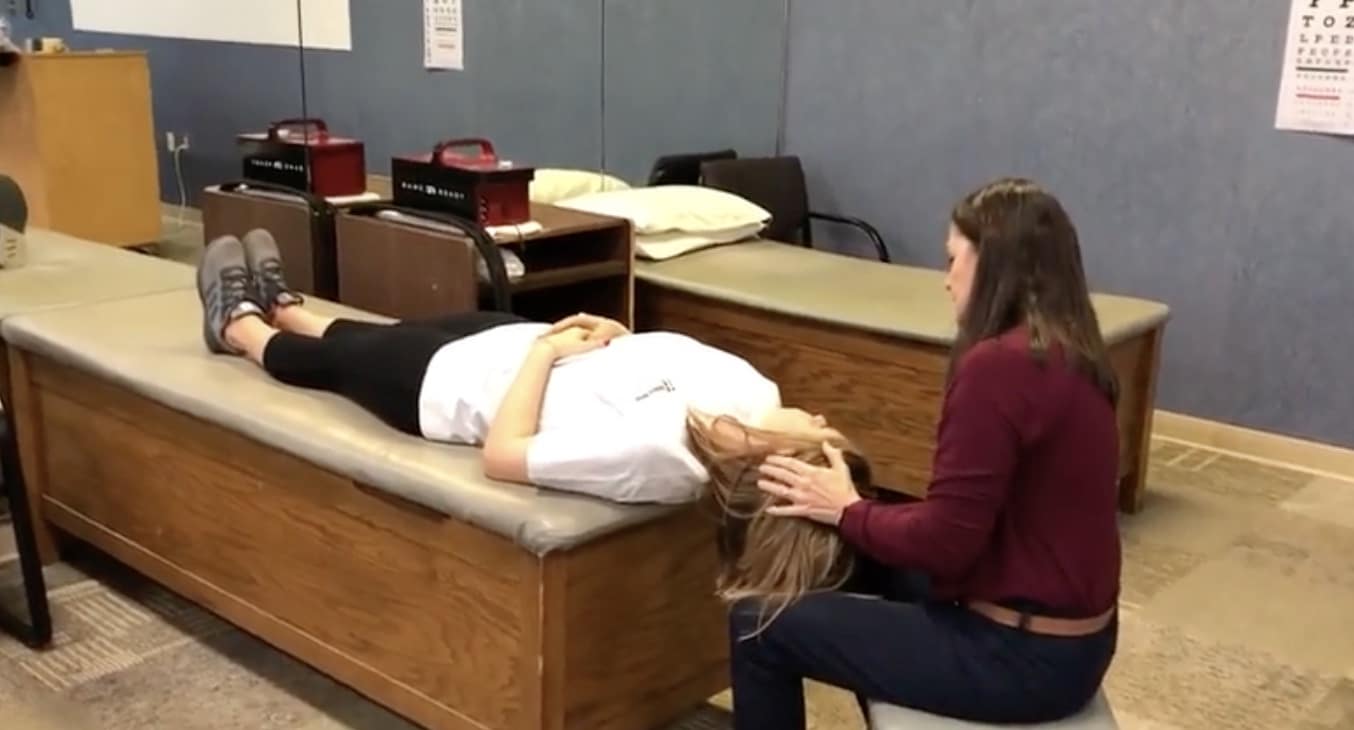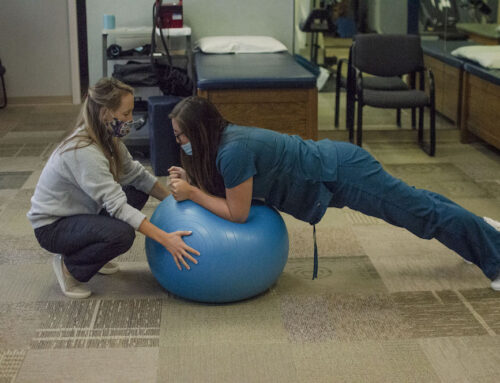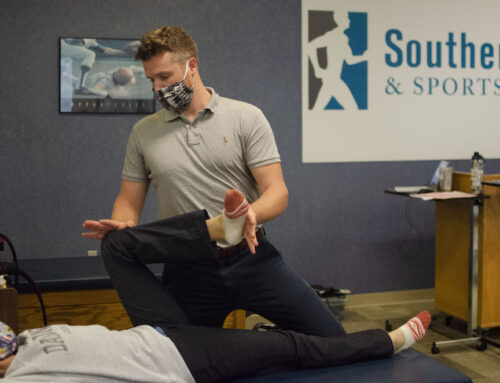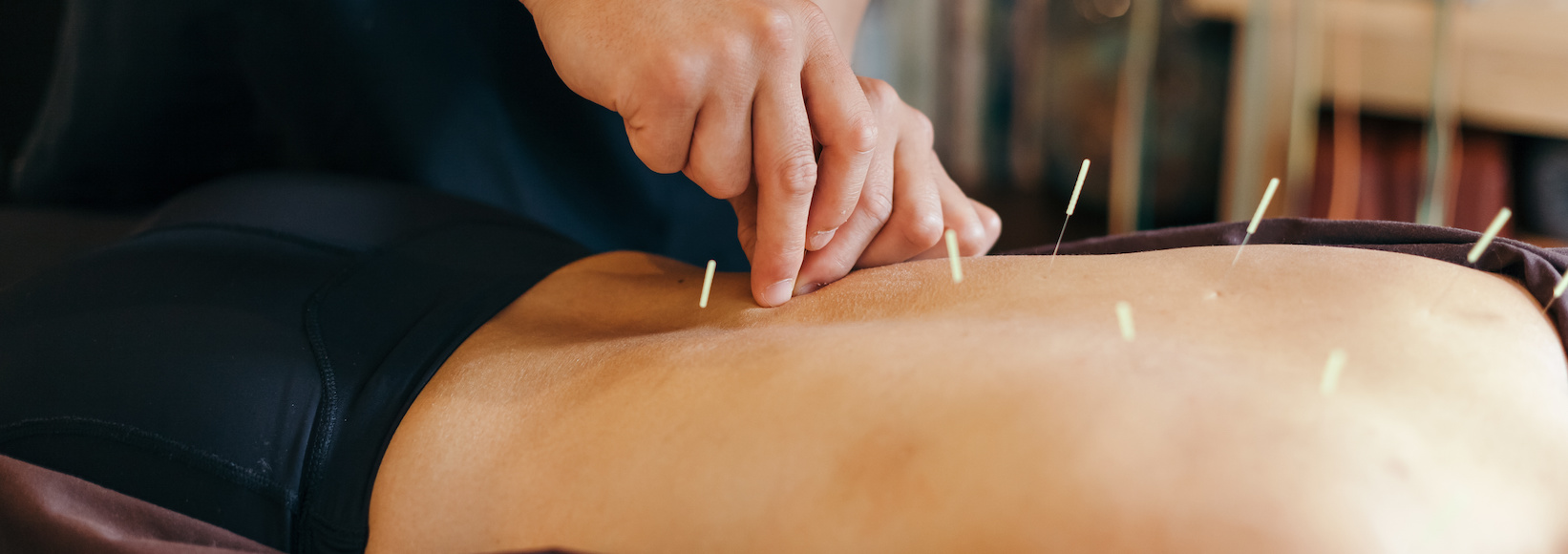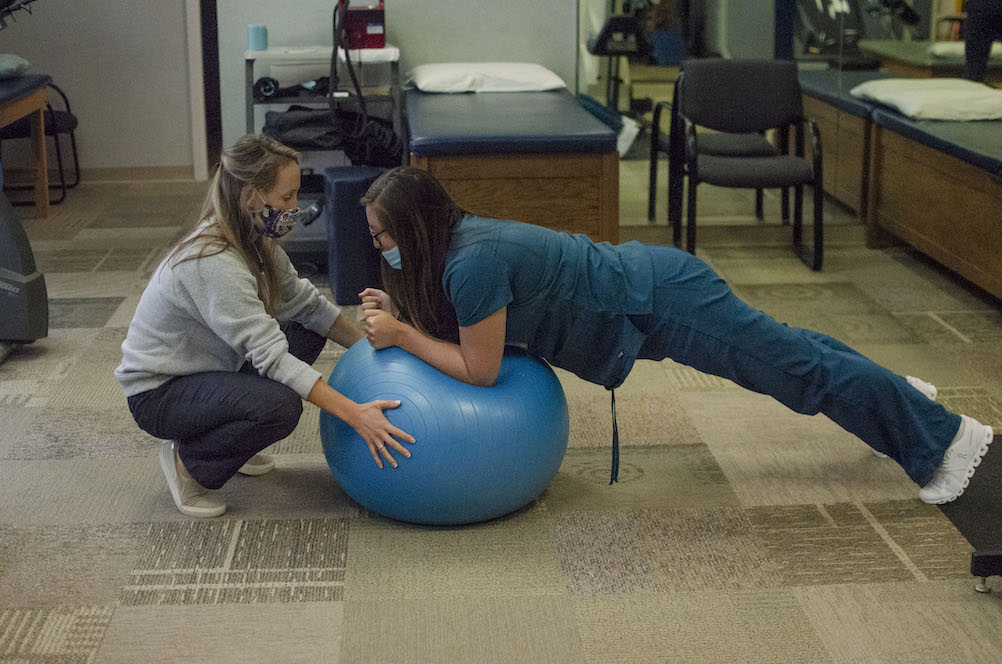It is reported that more than 90 million Americans experience dizziness in their lifetime. While this is a common occurrence, especially in people age 75 or older, it can be challenging to identify how severe or why it’s happening. Generally, dizziness is linked to conditions like vertigo or head injury that affects inner ear functionality. Vestibular Rehabilitation Therapy (VRT) is an exercise-based program designed to address these conditions and to improve your quality of life. Here’s what you need to know about VRT.
First Things First: What Is The Vestibular System?
The vestibular system is a sensory system that relays signals to our brain to help us keep our balance, stabilize our head and body during various movements, and maintain posture. It is comprised of your two inner ear organs, the vestibular centers of your midbrain and cerebellum, and your peripheral vestibular nerves – all of which are essential for maintaining a normal range of motion and equilibrium.
What is Vestibular Rehabilitation Therapy?
Vestibular Rehabilitation Therapy (VRT) is a specialized form of physical therapy that helps to relieve symptoms from vestibular disorders, such as vertigo, dizziness, and gaze instability. Recovery is highly achievable, but different factors such as activity level, medical conditions and use of certain medications can affect how quickly you recuperate. The main goals of VRT are to improve your gaze, strengthen your posture, ease your vertigo symptoms, and increase your range of motion.
A comprehensive VRT program starts with an initial assessment by a trained specialist who examines the following:
· General stability and mobility
· Balance assessment
· Leg strength
· Neck and arm mobility
· Inner ear exam
After your initial assessment, your physical therapist will design a custom treatment plan, tailored to your specific concerns and needs. Once you have completed an in-patient VRT program, your physical therapist will teach you at-home exercises to incorporate into your daily regimen, ensuring these conditions do not return.
Symptoms
You may benefit from vestibular rehabilitation if you suffer from any of these symptoms:
· Dizziness upon standing, sitting, laying down, or with movement
· General wooziness or fogginess in the head
· Blurry vision with head movement
· Neck tightness or pain
· Frequent falls
· Meniere’s disease
· Concussion or post-concussion syndrome
· Issues dropping objects
· Chronic headaches or migraines
VRT Exercises
Depending on your symptoms, your physiotherapist will customize an exercise plan appropriate for your condition. Most specialists incorporate a combination of habituation (to treat dizziness from rapid head movement and/or sensitivity to visual stimuli), gaze stabilization (to treat difficulty in controlling eye movement) and balance training exercises (to improve steadiness and ability to walk on uneven ground/surfaces) into your VRT plan. Other exercises included are:
- Visual targeting and tracking exercises
- Convergence exercise for near and far visual shifting
- Gait or walking and mobility exercises
- Neck stretching and core strengthening
- Dual or multiple stimuli coordination
- Postural training and education on ergonomics
How Long Does It Take For VRT To Work?
Vestibular Rehabilitation Therapy usually takes between 6 to 8 weeks, by attending physical therapy at least once or twice a week, and consistently practicing the at-home techniques after in-patient therapy. Some patients have seen drastic improvement after one or two sessions, it all depends on the severity of your symptoms and your commitment to the process.
Is VRT Covered By Insurance?
Insurance coverage for VRT varies with each provider and healthcare plan. Many insurance companies will cover vestibular rehabilitation if you have coverage for physical therapy. Your chances of coverage are also higher if you receive a referral for Vestibular Rehabilitation Therapy from your primary care physician.
If you are suffering from any dizziness-related issues, then Vestibular Rehabilitation Therapy may be a viable option to consider. Contact our team at Southern Rehab and Sports Medicine to schedule your consultation by filling out the form below.

